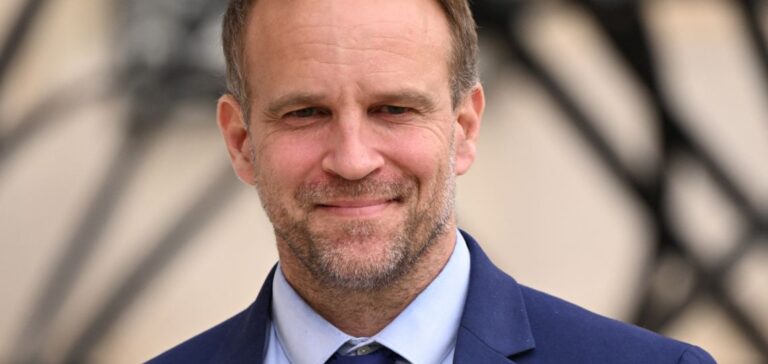The French government is taking a firm stance against Brussels regarding industrial decarbonisation goals. Industry Minister Marc Ferracci stated that France would not commit to the European target of a 90% emissions reduction by 2040 unless the European Commission revises its industrial support plan. In an interview with Les Échos, Ferracci argued that the measures announced in the “pact for a clean industry” were insufficient to maintain the competitiveness of European businesses.
European plan deemed insufficient
Presented by the European Commission, this pact aims to facilitate the industrial transition towards cleaner technologies. It includes a proposal to mobilise up to €100 billion for clean industry projects and mechanisms to incentivise investments in green energy. However, these announcements fall short, according to the French government. “We need a shock of confidence, not homeopathic remedies, to reassure industrialists,” Ferracci emphasised.
Reform of border carbon tax required
Among the measures suggested by the French Minister is an immediate reform of the carbon tax at the EU’s borders. This mechanism, designed to penalise imports from high CO₂ emitting countries, should be strengthened to protect the competitiveness of European businesses. Ferracci considers that European industry is currently experiencing a crisis comparable to the financial sector in 2008, marked by underinvestment, a slowdown in demand, and structural competitiveness issues.
Pressure on Brussels
Ferracci is set to meet with several European ministers for industry this Thursday in Bercy to discuss the crisis in the steel sector and press the European Commission to implement more ambitious measures for European steel. “If we do not take extremely powerful measures, it will have repercussions on our standard of living and social cohesion,” he warned.






















